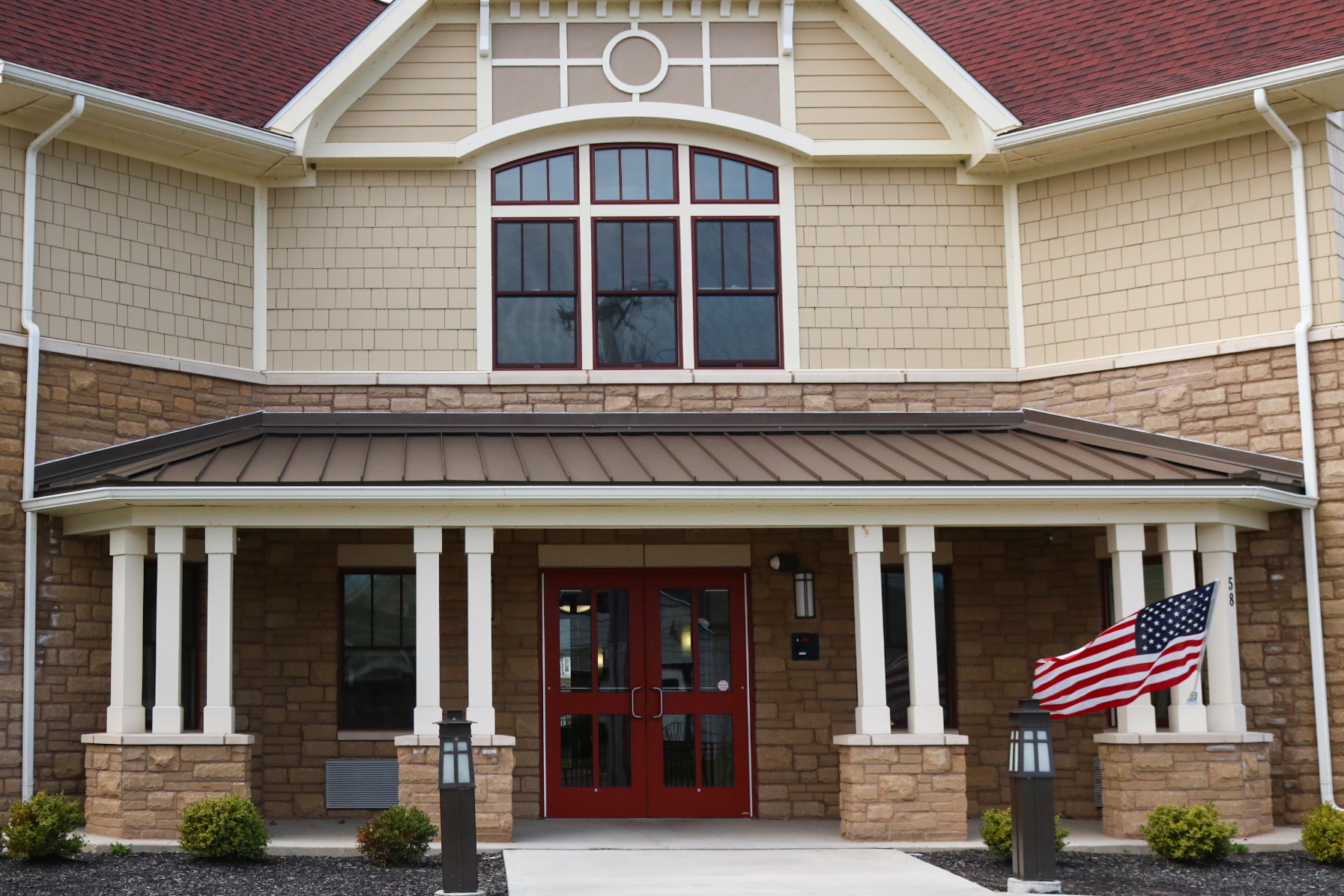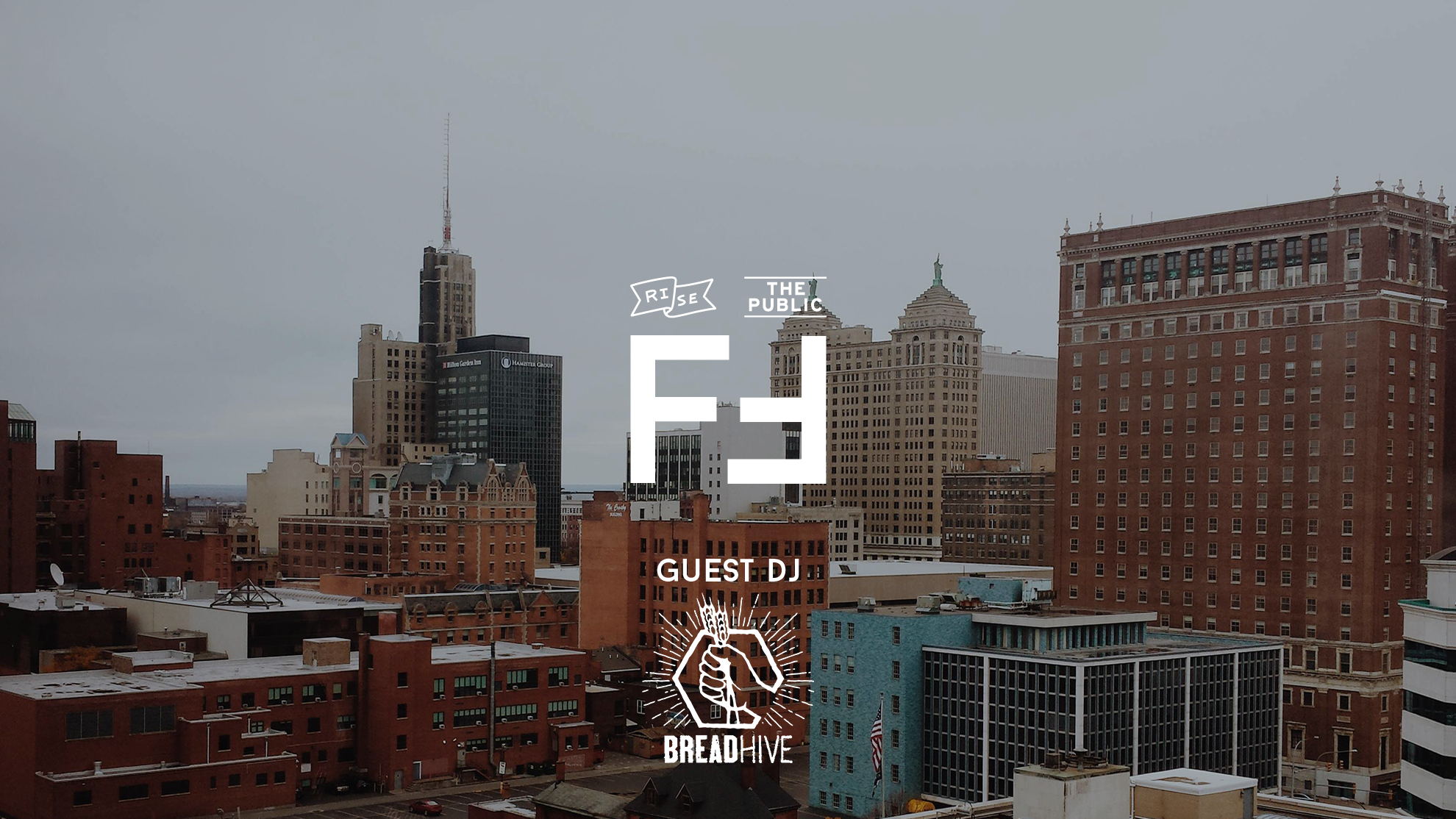Matt Urban Hope Center Providing More than just a Home
By Kate Rogers
The first time I walk through the doors of Hope Gardens of the Matt Urban Hope Center, the smell of freshly-baked cupcakes hits me full on. The space is bright and the sound of women laughing and joking fl oats through the halls. It evokes a strong sense of family, similar to a college dorm at the end of freshman year. It’s clear that the women who live here look out for one another, take care of one another. They’ve learned to move past what separates them and have come to call this place – and each other – home.
“Home” is an interesting word for the clients of Matt Urban Center. For most of us “home” is synonymous with comfort, with safety, something we take for granted. Talking with the residents and caseworkers of Matt Urban is a stark reminder that this is not the case for so many. According to the most recent data available in 2015, Buffalo had 137 cases of chronic homelessness (defined by one consecutive year of homelessness, or four distinct episodes of homelessness in three years adding up to one year). Matt Urban’s Housing First program focuses first and foremost on harm reduction for their clients – getting them off the streets, away from potentially abusive situations and into safe housing. Th is can be a difficult transition for someone who’s chronically homeless. The survival skills learned on the street don’t translate to maintaining a home, and the process of teaching those skills is one that Matt Urban employees have refi ned with compassion and empathy.

Sarah Gorry, the Center’s Housing First Supervisor, and Aubrey Pula, Director of Permanent Supportive Housing, explain that they don’t reprimand clients when they make mistakes in their homes. They approach the situation as one would with a close friend going through a hard time – “Hey, this happened while you were drinking. Let’s talk about ways to prevent it from happening again.” Telling clients they’re doing something wrong is an ineffective method; encouraging an understanding of what will put their housing at risk is an entirely different ballgame. Showing how negative influences have consequences is far more successful in keeping clients in their homes.
Sarah and Aubrey teach empowerment. The potential to fail is always there, and that possibility is incorporated into their process as much as success. There is hope in learning, in embracing the imperfection and humanity of their clients. Sarah and Aubrey don’t set their clients up to fail by expecting perfection; they guide them through the unfamiliar waters of what it takes to get – and keep – a home. “Th e years of homelessness have taken their toll so hard. [Our clients] have been homeless for so many years because of the environmental factors and barriers that exist, in addition to mental health and substance use – even when they have a home, they still carry that severe trauma,” says Sarah. You can hear the empathy in her voice, see it in her eyes when she talks about these men and women she’s come to care so much about. One of these women is Ludine. When I meet her, Ludine is drinking strong tea from a Tim Horton’s cup, her turquoise painted nails eagerly rolling up the rim. “I won!” she announces. “A cup of coffee. I don’t even like coffee, but…I won!” Her enthusiasm is infectious, and it soon becomes clear that Ludine doesn’t save this kind of excitement just for her coffee cups. She approaches her entire life with a “try and stop me” attitude.Born in Haiti and adopted by missionaries, Ludine spent a tumultuous childhood in Florida. With her two young sons in the custody of a cousin in Pennsylvania, Ludine found herself unable to work, living in a tent city under the care of Catholic Charities. She was in an abusive relationship that almost cost her life, until her best friend called her up, demanding she get on the next bus to Buffalo or “I’m gonna drag you up here myself.”
Three days later, Ludine found herself getting off a Greyhound bus in Buffalo. She lived at the Salvation Army for a year, beginning the hard work to regain custody of her children. “I had set times to call [my kids]. It’s so hard to do that when you’re homeless – I borrowed friends’ phones, I used pay phones.” Her face falls. “My kids didn’t always answer. [There were] months…years that they didn’t answer.”

Then Ludine met the Matt Urban Center through another homeless companion, Ramon. Because Matt Urban encourages their clients to set goals, Ludine’s story is a success. All she ever wanted was to get her kids back, so the Center gave her housing, and she’s currently employed through their Hope Works Program cleaning single site facilities, including the Hope Gardens. Matt Urban caseworkers (along with the help of her friends, the Leddons and Wolf-Richards families) facilitated a lawyer for her case, and vouched for her during her custody battle.
Ludine pauses here, her bubbly personality slipping. She closes her eyes. “My kids kept me alive through everything – absolutely everything. I always have their pictures with me. They’re the main reason why I am still standing here.” Her eyes open, and her smile returns. “Because Matt Urban helped me get housing and a job – my kids are coming home. They’re coming to live with me on June 18, 2017. We’ll be the first family to ever be housed together. My biggest dream is to work permanently with the Matt Urban Center. They’ve helped me so much.”
That’s the magic of this place – the connection and community of its people, both clients and caseworkers, regardless of the schisms that separate them. “The hard part is keeping your boundaries – not getting too connected to clients. [We] identify so strongly with them, [and that] is what allows us to meet our clients where they are,” says Aubrey. It is that sense of empathy and care though that makes Matt Urban so incredible. On the day of my last interview there, word on the street was that one of their own was in the hospital, and it was unclear whether she was going to make it. Everyone was buzzing with concern and uncertainty. When the word spread that she was safe, a collective sigh of relief was released. No matter where anyone has been, no matter what experience has been endured, in this moment they’re all in it together. Everyone is a survivor. And that is the most hopeful story of all. X
Want more from No Boundaries? Check out our podcast!
Episode 1 lives here, on iTunes and Stitcher. Please listen, subscribe, review, and enjoy.




